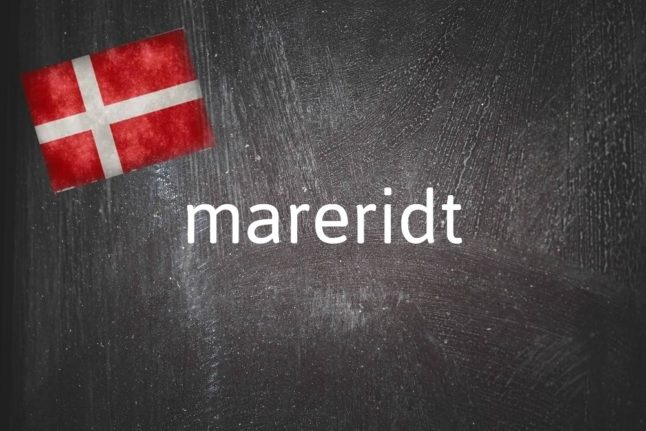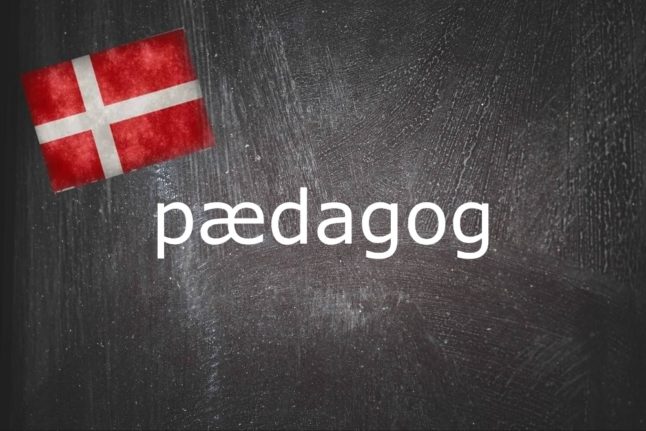What is mareridt?
Mareridt means ‘nightmare’, and as in English, it can be used both to describe a bad dream, and figuratively, to describe a highly negative experience or mareridtscenarie (‘nightmare scenario’).
Unlike the English word, it does not contain the component ‘dream’, drøm in Danish. Ther first part of the word, mare, should be familiar to English speakers though.
As to this first part of the word, the old Norse word mara used to refer to a spirit or demon, usually believed to be female, which people thought was responsible for causing bad dreams. These spirits were written about in stories dating back to the 13th century; in one Old Norse tale, a witch helps a wife to conjure a nightmare as a punishment for the husband who abandoned her.
According to these tales, the mare would lie on sleeping people’s chests, tormenting them with upsetting dreams and messing up the sleeper’s hair. Not even trees were safe from the mara, and pine trees that grow in a twisted way (often on rocky, coastal terrain) are called martallar (mare-pines).
An old-fashioned expression in Danish, at ride som en mare, “to ride like a mare”, means to be a great nuisance or to disturb or scare someone or something.
Why do I need to know mareridt?
Drøm means ‘dream’, and Danish also has the verb at drømme (to dream). This is a word that’s existed in the Nordic languages for centuries and, before that, in Old Norse as draumr. It’s also related to its equivalents in English (dream), German (der Traum) and many other languages.
While the Swedish word for nightmare, mardröm, uses the modern word for dream, in Danish it’s ridt, not drøm, which forms the second part of this word.
Ridt is a noun related to the German verb reiten meaning ‘to ride’, bringing us back to the mythology closely associated with mareridt. It’s not commonly used in modern spoken Danish.
Examples
Mor, jeg har haft en mareridt
Mummy, I had a nightmare
Turen blev til et rigtigt mareridt
The journey turned into a real nightmare



 Please whitelist us to continue reading.
Please whitelist us to continue reading.
Member comments